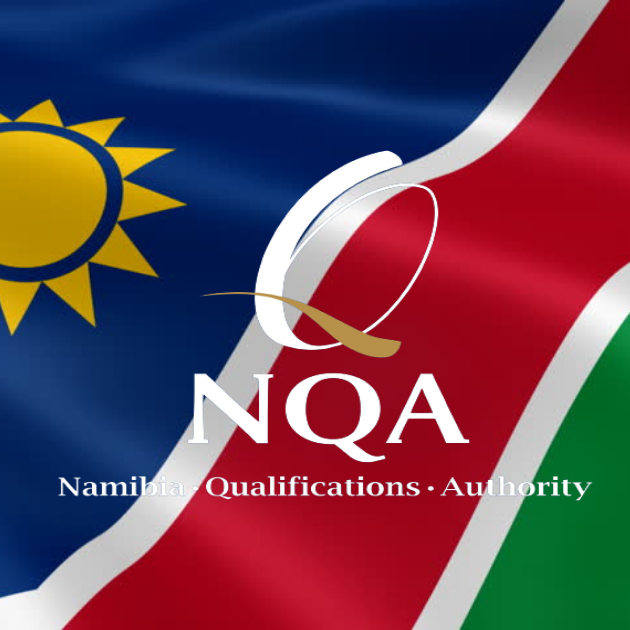

The NQA is mandated to perform statutory duties and functions including but not limited to the accreditation of training providers, evaluation of qualifications and managing the National Qualifications Framework (NQF)
History of the Namibia Qualifications Authority
The desirability of a national body having oversight of certification and linkages between the various education and training sectors was promulgated during the formulation of government education and training policies in the post-independence years. The Government of the Republic of Namibia foresaw the need for a central body to assume responsibility for identifying the competences needed within any occupational area and for establishing policies and procedures that led to the required knowledge and skills being recognised and certificated.
At the same time, Government saw the need for a central body able to mobilise national stakeholders towards:
- specifying the types and levels of competences needed in qualifications
- evaluating training offered by public and private providers, and
- determining whether required knowledge, understanding and skills were being developed.
In the policy document in which the Government’s plans for education and training were laid out, Toward Education for All: A Development Brief for Education, Culture and Training (1993) the Namibia Qualifications Authority was also identified as the independent body able to recognise the equivalences between the different education and training pathways available to Namibians.
Government’s plans for the Namibia Qualifications Authority were finalised in the enactment of 1996 legislation that set up the NQA.




